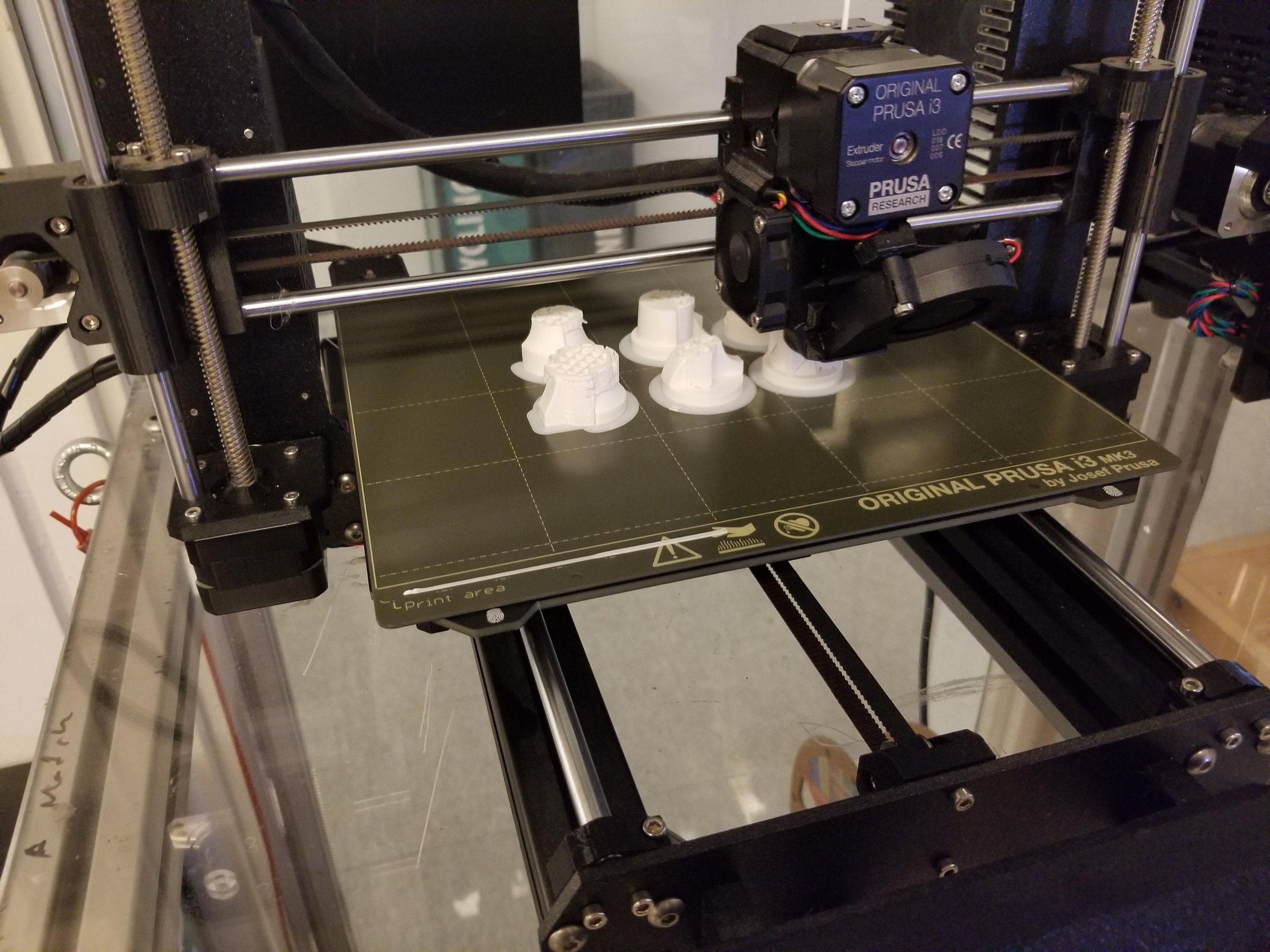
Redesigning the oldest game in the book.
Chess has been around for more than a thousand years and has touched nearly every culture on the planet. How, then, does one go about redesigning such an iconic and well-trodden game? The intent of this project was to do just that by adding a new dimension to chess's age-old design, while maintaining the strong, recognizable visual language that has endured for so long.
Target demographic
Plays chess often
Needs set that is usable
Wants to display set on coffee table
Doesn't want anything corny
Concept exploration
Form development
After reeling in on a theme that was strong enough to pursue, a series of more refined sketches were made to explore what every piece in the set would look like.
From here, the family of form began to develop, and decisions were made regarding which features worked and which stuck out.
2D Line Sketch
3D Render
Digital Revision
3D prototyping
With the general silhouettes and style developed, work on the finer details began in Fusion 360. Designing in 3D space aided in making sure the pieces were aesthetically interesting from all angles.
A greater focus was also put on establishing the proportional relationships between pieces and an overall visual clarity.





Making it real
The models were exported as STL files and then imported into a slicing program in preparation for printing. Once completed, the pieces needed to be cleaned by removing support structures and other 3D printing artifacts.
Ergonomic tests
The tactile nature of chess meant it was very important to gather data about how different people interact with physical objects. This data would inform further revisions to the designs.
Breaking the mold
After some rounds of revision, molds were made to cast the final pieces out of a smooth concrete. This simple material had a satisfying tangibility and thematically alluded to contemporary brutalist architecture.
Final product





















